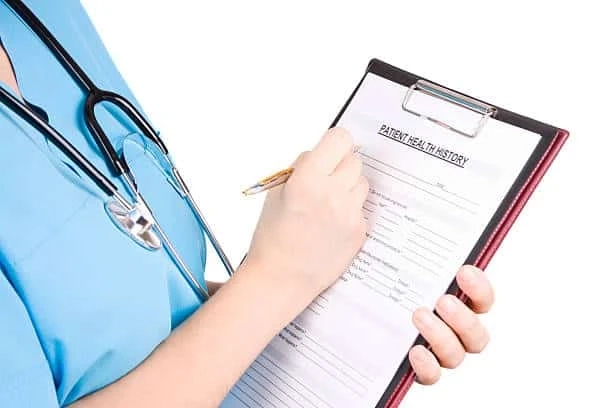If you’re considering a medical career in Texas, understanding the requirements to obtain a Texas medical license is crucial. The medical board of Texas oversees the licensing process, ensuring that only qualified professionals practice healthcare within the state. This blog post outlines who can apply for a Texas medical license, providing a comprehensive guide to the various eligibility criteria and processes involved.
1. Medical School Graduates

The first step to obtaining a Texas medical license is graduating from an accredited medical school. The medical board of Texas requires that applicants have completed a Doctor of Medicine (MD) or Doctor of Osteopathic Medicine (DO) degree from a recognized institution. This ensures that all potential licensees have undergone rigorous training and education. Graduates from foreign medical schools must have their credentials evaluated and approved by the appropriate credentialing organizations, such as the Educational Commission for Foreign Medical Graduates (ECFMG), before they can apply for a Texas medical license.
2. Physicians Who Have Passed Licensing Examinations

Passing required licensing examinations is another essential criterion for obtaining a Texas MD license. Applicants must successfully complete the United States Medical Licensing Examination (USMLE) or the Comprehensive Osteopathic Medical Licensing Examination (COMLEX). These exams test a candidate\'s medical knowledge, clinical skills, and readiness to practice safely and effectively. The medical board of Texas mandates that all applicants provide proof of their exam scores and that they meet the board’s minimum standards for licensure.
3. Applicants with Residency Training
Completing residency training is a prerequisite for obtaining a Texas medical license. The residency program must be accredited by the Accreditation Council for Graduate Medical Education (ACGME) or the American Osteopathic Association (AOA). This ensures that all applicants have practical, hands-on experience in their chosen specialty, which is critical for delivering high-quality healthcare. The medical board of Texas requires that applicants submit documentation of their residency training and any relevant board certifications obtained during this period.
4. Individuals with Clean Professional Records

The Texas medical board also evaluates the professional and legal history of all applicants. To qualify for a Texas medical license, individuals must demonstrate a clean record, free from any previous disciplinary actions, malpractice claims, or criminal convictions that could impact their ability to provide safe and ethical healthcare. Applicants are required to submit detailed background checks and personal statements addressing their professional conduct. The medical board of Texas reviews these records meticulously to ensure that only those with a history of ethical practice and professionalism are granted licenses.
In conclusion, obtaining a Texas medical license involves meeting several critical requirements set by the medical board of Texas. Graduates from accredited medical schools, individuals who have passed necessary licensing examinations, those with completed residency training, and applicants with clean professional records are eligible to apply. Ensuring compliance with these criteria is essential for a successful application and a rewarding career in healthcare in Texas. If you meet these requirements and are dedicated to providing quality medical care, you can embark on the path to obtaining your Texas medical license and contributing to the state\'s healthcare system.



